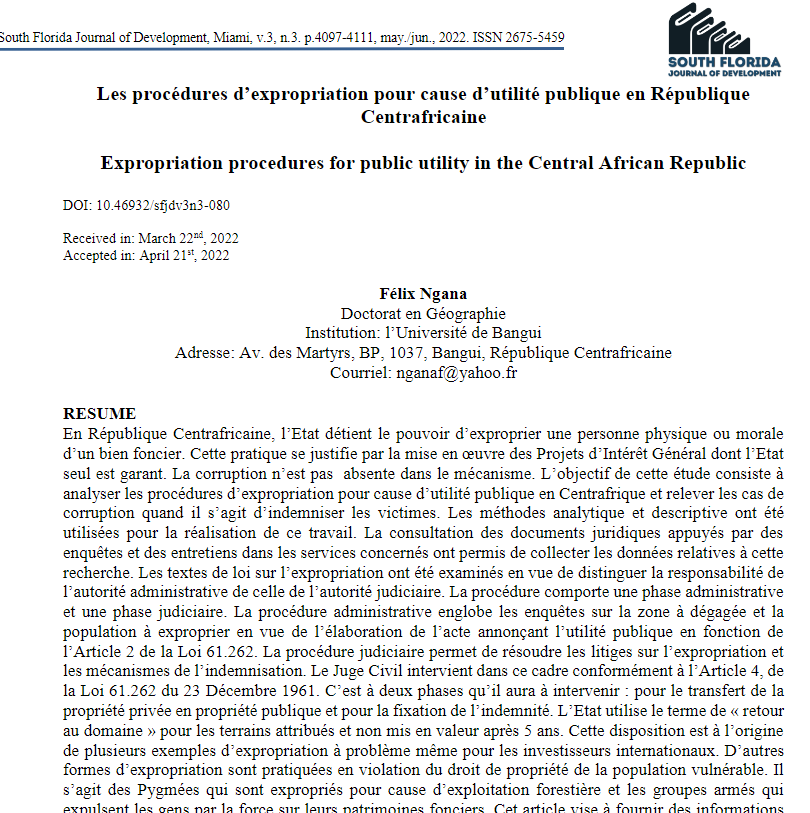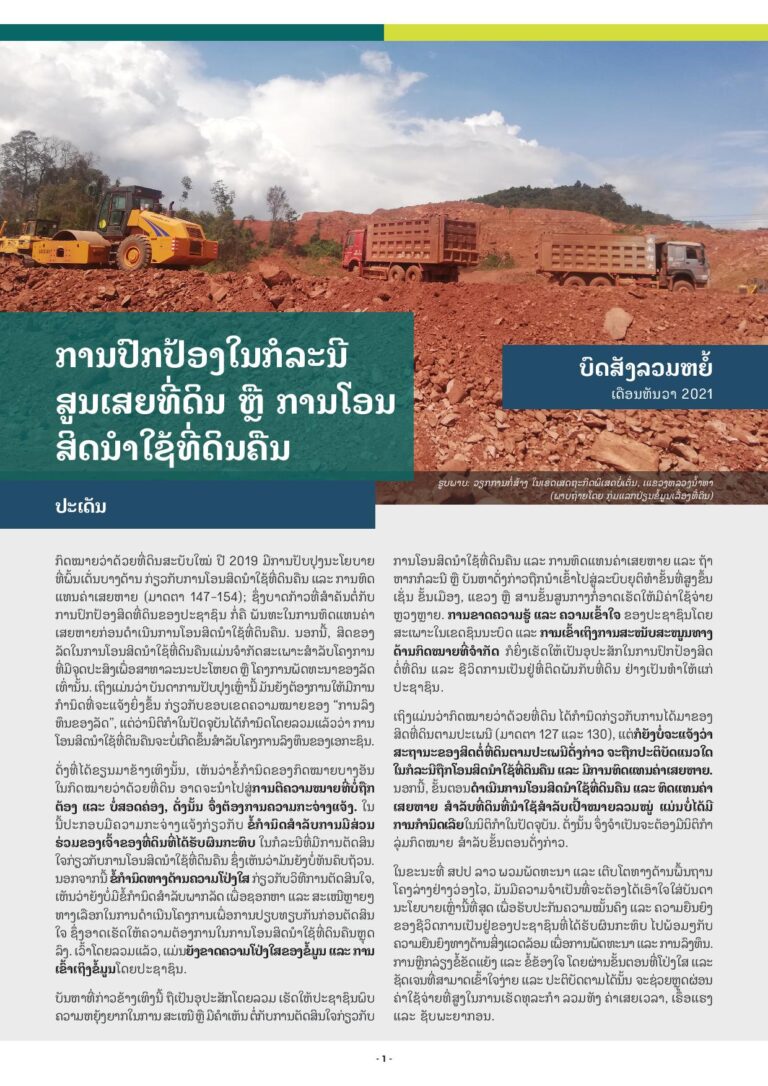GPU-Accelerated Anisotropic Random Field and Its Application in the Modeling of a Diversion Tunnel
In this paper, a GPU-accelerated Cholesky decomposition technique and a coupled anisotropic random field are suggested for use in the modeling of diversion tunnels. Combining the advantages of GPU and CPU processing with MATLAB programming control yields the most efficient method for creating large numerical model random fields. Based on the geological structural characteristics of red-bedded soft rocks in central Yunnan, anisotropic rock random fields and tunnel excavation with various rotation degrees are simulated.












